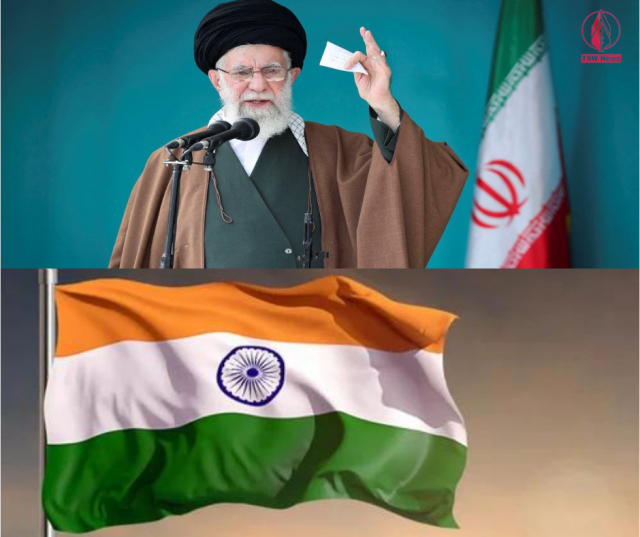India Rebukes Iran’s Supreme Leader Khamenei Over Remarks on Indian Muslims
- Posted on September 17, 2024
- News
- By Arijit Dutta
- 179 Views
India condemned Iran's Supreme Leader Ayatollah Khamenei for his remarks on the treatment of Muslims in India, calling them "misinformed." The Indian government urged Iran to review its own record on human rights before criticizing others. Khamenei’s comments come amid long-standing tensions involving Indian Muslims and India-Iran relations.

India has sharply condemned remarks made by Iran's Supreme Leader Ayatollah Ali Khamenei, who criticized the treatment of Muslims in India, Myanmar, and Gaza. The Ministry of External Affairs labeled Khamenei’s statements as “misinformed and unacceptable,” urging Iran to first examine its own human rights record before commenting on India’s internal affairs.
Khamenei's comments came during a speech where he emphasized the suffering of Muslims in various parts of the world, including India. He posted on social media that true Muslims cannot remain indifferent to such issues. In response, Indian foreign ministry spokesperson Randhir Jaiswal stated that India strongly deplores the remarks, reiterating that nations commenting on minorities in India should first reflect on their own treatment of minorities.
India and Iran have traditionally enjoyed close ties, with cooperation in areas like energy and infrastructure. In May 2024, the two nations signed a 10-year contract to develop the Chabahar port in southeastern Iran, a crucial trade hub connecting India to Afghanistan and Central Asia.
Khamenei’s remarks follow past criticisms directed at India over its handling of issues concerning Indian Muslims and the Kashmir region. Israel's Ambassador to India, Reuven Azar, also condemned Khamenei, labeling him as a "killer and oppressor" of his own people, highlighting the stark differences between democracies and Iran's regime.
Also Read: Trump's Alleged Assassin's Son Claims: "My Dad Hates Trump but Is Not Violent"
India continues to balance its relations with both Israel and Iran, while maintaining that it offers freedom and protection to all its citizens, regardless of their religion.




